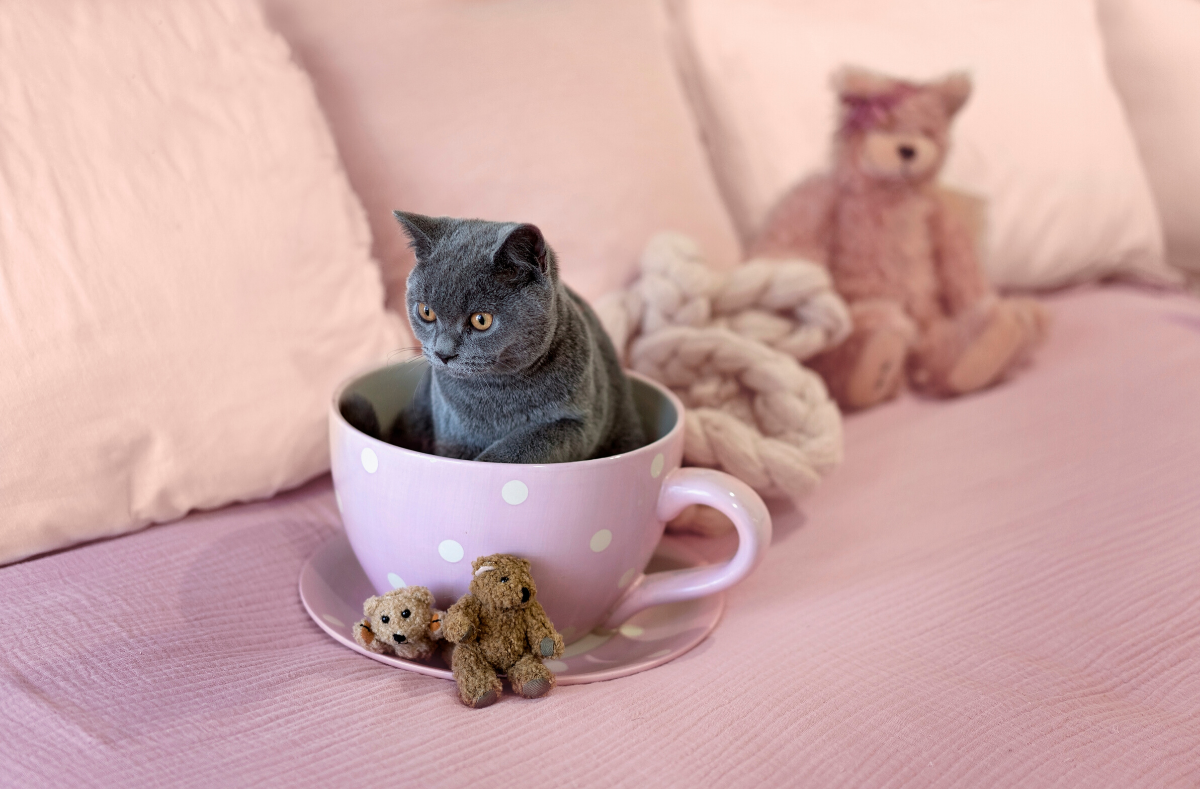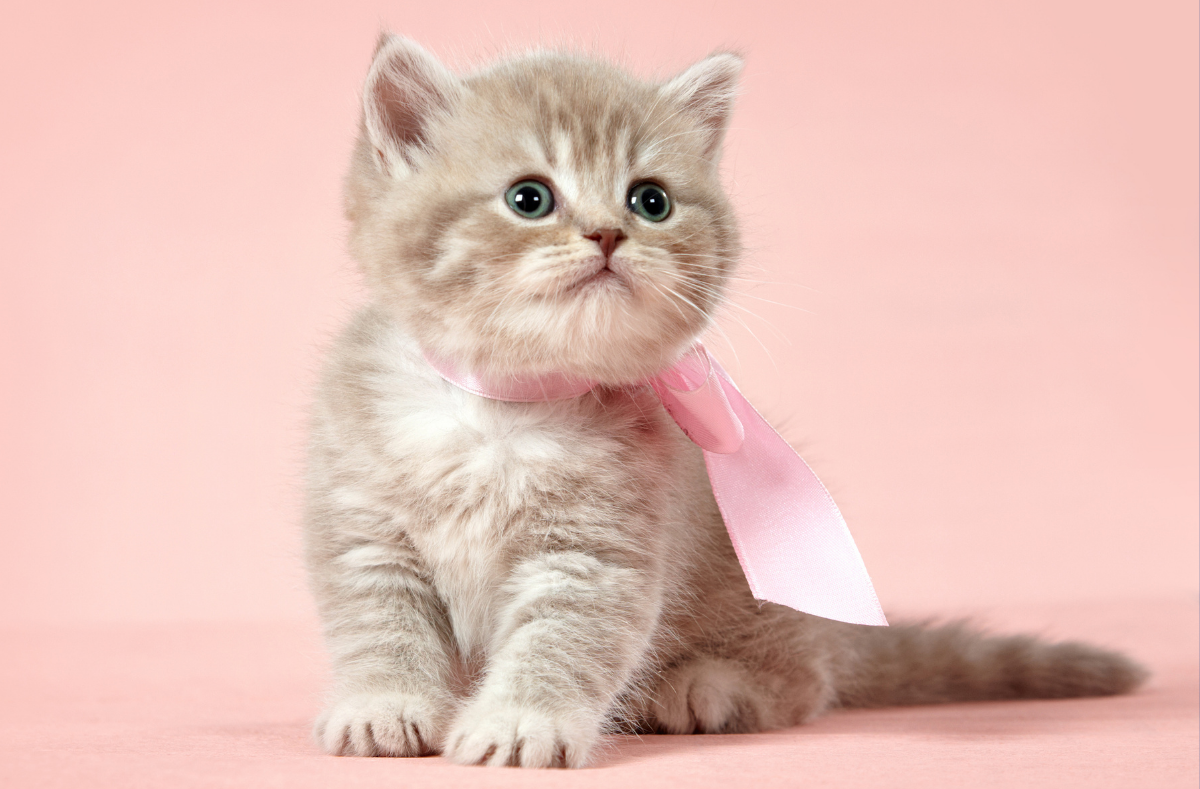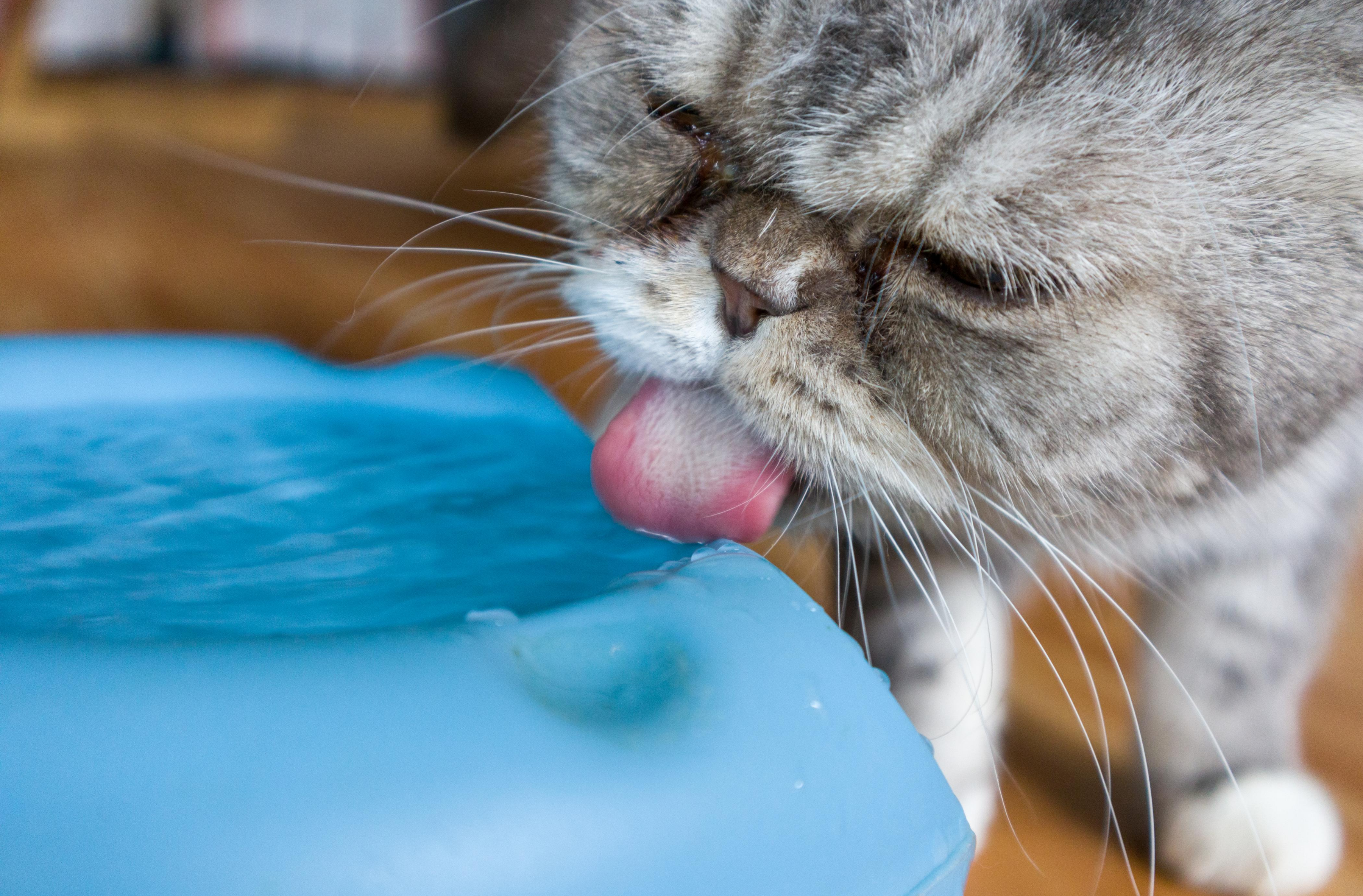
5 common British Shorthair health issues
If you own a British Shorthair cat or are thinking about getting one, it’s essential to be aware of the breed’s health problems. Most British shorthairs are hardy and healthy cats with long life spans; however, like any breed of cats, they have their share of health issues that can make caring for them a little more complicated than it would be with other breeds. This article will discuss the five most common British shorthair cat health problems and their early signs.
1. Heart disease
British Shorthairs can have a genetic predisposition for heart disease.
The most common form is HCM (hypertrophic cardiomyopathy), which means a thickening of the heart muscle often caused by an overactive thyroid gland.
It’s difficult for cat owners to identify illness signs on their cats because of their ability to hide these signs for a long period of time. That’s why regular checkups with your veterinarian are so important.
2. Arterial Thromboembolism
Cats with heart disease may develop blood clots in their arteries known as FATE (feline aortic thromboembolisms).
Blood clots most commonly might remain blocked just past the aorta, the large blood vessel that supplies blood from the heart to the body, blocking normal blood flow to the hind legs. When this happens, one or both hind legs may become paralyzed, cold, or painful. FATE is a life-threatening disease and requires quick action and prolonged medical care.
3. Polycystic Kidney Disease
Polycystic kidney disease (PKD) is caused by a defective gene. The disease was first recognized in Persians and is seen occasionally in other breeds, including British Shorthairs.
Affected kittens are born with tiny cysts inside the kidneys and sometimes the liver, that slowly enlarges over time, eventually destroying the affected organ.
Symptoms usually become apparent around seven years of age on average. These symptoms include weight loss, vomiting, excessive thirst, and poor overall health.
4. Cataract
Cataracts are a common cause of blindness in older Shorthairs. The onset of the disease presents with the lenses of the eyes becoming more opaque, or more cloudy than clear.
5. FIP Susceptibility
Feline Infectious Peritonitis, or FIP, is a disease caused by a type of coronavirus. All cats may carry this virus in a dormant state, but if the virus undergoes a combination of specific mutations, it can act on a susceptible cat’s immune system, causing the cat to develop FIP. British Shorthairs seem to be more at risk for developing FIP than other breeds. FIP causes damage to the blood vessels (vasculitis) and fluid build-up inside the abdomen or chest






